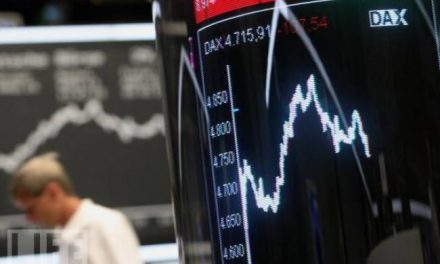By Economic Gazette
The Greek economy may return to growth in 2017, but this does not apply to eople’s income, according to an analysis of the business organization SEV. According to data, the disposable income of the Greeks in 2017 decreases by 0.3% in real terms compared with the figures for 2016. It also noted the huge distance the economy has to travel to achieve a model of sustainable development.
The saving rate also declined – from minus 7% in 2016 to minus 8% in 2017. Against this background, the consumption grew by 2% in nominal terms and by 0.6% in real terms, which only suggests that Greeks spend large part of their savings.
The first statistics show that for the period January-September 2017, the Greek nominal income increased by 1.1%, or 1.2 billion EUR, compared to the same period in 2016. This is the result of wage increases (by 2.2%) and entrepreneurs’ incomes (by almost 6%). The income from pensions decreased by 2.2% and incomes from property shrank by 2.7%.
However, the growth is “eaten” by the increased taxes and social security contributions, according to the report of SEV.
SEV also cited foreign analyses that show Greece ranking 26th among the 28 European Union member-states based on its sustainable development indices, only ahead from Bulgaria and Cyprus.



















